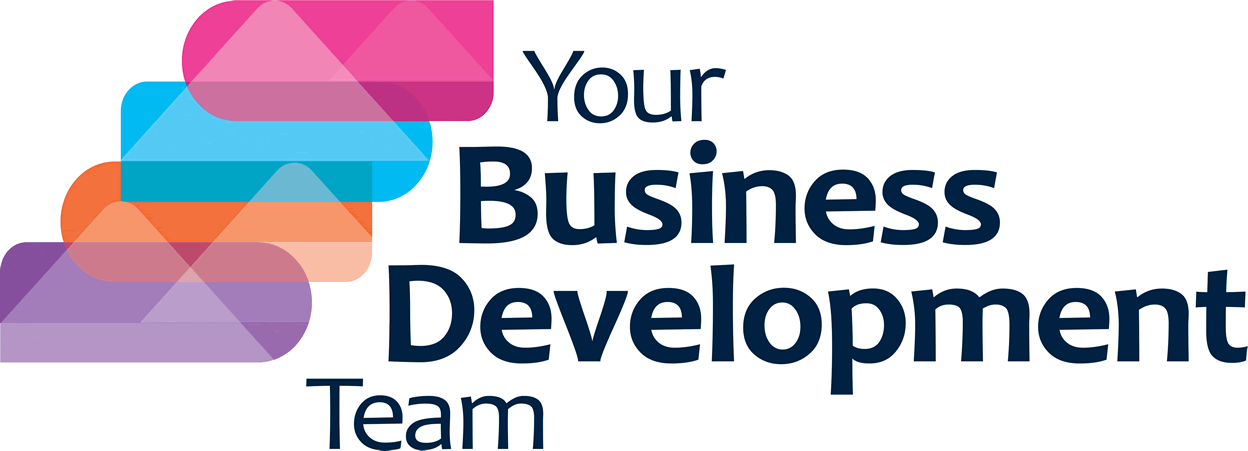Many people I know switch off as soon as they hear the word ‘process’ and today, whilst doing my research for this Blog, I completely understood why. I have commented before about the amount of articles Google throws at you when you search for the definition of a sales process and that is understandable. However, when I looked up how many stages the sales process should have, I assumed that there would be just a few answers but I was wrong. Sales strategy sites suggest there are anything from three to thirteen recommended stages: once more sales and marketing strategy has failed to provide us with a definitive answer.
Does this mean that having a sales process is not important, as you cannot take it to a scientific precision level? Not at all. Like most strategies involving marketing and sales, you need to concentrate on the end result, which is having more people interested in your company and your product.
Now people, as we all know, are unpredictable and fickle. They make their minds up and then change it last minute; give us all the right signals only to walk away…. In other words, you need a process combining all the elements that worked for you in the past, which will increase your conversion rate and give you more sales.
Having answered this question, we can go back to the stages of the sales process. How many should you have? Well, I don’t think that matters as long as you cover all elements of the process, which are:
- Create a sales and marketing strategy
- Run lead generation activities aimed at your identified target market
- Connect with interested parties to understand their needs
- Present the right solution
- Win the business
If you have read so far, you may well be disappointed and feeling that I have stated the obvious but my point is that whilst the elements of the process remain the same, the real difference between sales success and failure is in the details. These will relate to your selling environment, company culture, target markets and end goal. That is why creating a sales process is an art and a skill requiring careful consideration.
In conclusion:
- A good sales process will make all the difference in terms of improved conversion so you definitely need one!
- How many stage you include depends on your business but be sure to include the five elements above
- If you are recruiting a sales person for the first time, you must ensure that you have a process in place before they start
- If your sales team is not performing, the first thing to check is the sales process
If you are unsure where to start or need some support, check out our sales person support package here.



